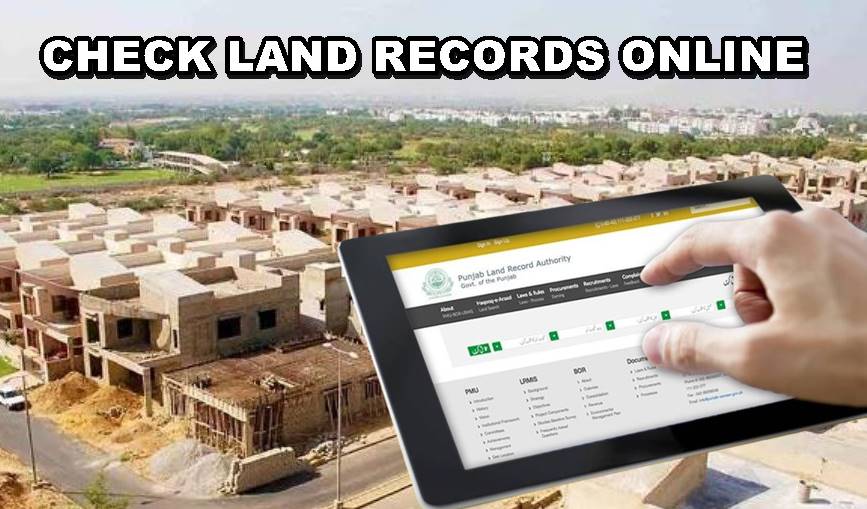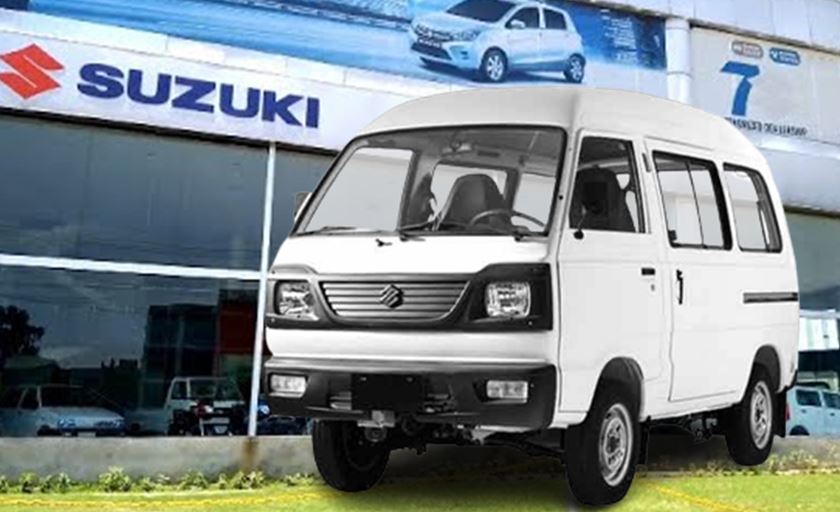ISLAMABAD:
The International Monetary Fund (IMF) has been making headlines recently due to a political party’s request for its intervention in conducting a third-party audit of February 8 elections.
This move is being criticised by their opponents as against the national interest. Interestingly, it brings to mind an independent audit I’m also advocating for regarding a national project, but that’s a discussion for another day.
With debts now reaching approximately 91% of gross domestic product (GDP), the recent letter highlights the stark reality of power dynamics, revealing who truly holds sway despite the rhetoric we often hear from our leaders. Over the past six years, despite various parties taking the helm, the economy continues to decline rapidly, with little tangible progress made towards achieving economic independence beyond mere slogans.
In many other nations, the public would have already formed their own political party and ousted the incompetent rulers. However, our citizens have lost faith in their own ability to effect change, repeatedly voting the same leaders into power. This is unsurprising in a country where spending on education has consistently remained below 2% of GDP over the past six years, compared to a global average above 4% and over 5.5% in first-world countries.
No wonder, we lack rational discourse with many clinging to hollow romanticism, steeped in feudal rhetoric, as they place their hopes on self-proclaimed saviours.
Regarding the incompetence of our leaders, consider the steel industry as a prime example. It took us 38 years to establish our first large-scale steel mill, which operated for a mere 30 years before heavy debts forced its shutdown in 2015. Despite promises from the new government since August 2018 to recommission it, there has been no progress to date.
Eliminating our dependence on debt demands significant effort, planning and implementation, requiring the professionalisation of relevant sectors and challenging entrenched vested interests.
However, authorities show great reluctance to take even the smallest steps that might disrupt the existing status quo. For instance, our annual public procurement volume averages around $70 billion, with the potential for annual savings of $4-5 billion. Yet, despite data science driving modern economies, it seems from the PPRA website that they ceased compiling annual progress reports a decade ago.
Similarly, professionalising the economy is crucial for its advancement. However, out of a board of 10 members, seven positions are occupied by bureaucrats, while the remaining slots, allocated for private members, remain vacant indefinitely. Why are we not appointing professionals to manage institutions that require expertise in tendering, contracting, negotiations, logistics, and experience in leading large supply chains?
Amidst the election fervour, a significant event in December 2023 went unnoticed – Tuwairqi Steel lost its arbitration case in The Hague. Behind this seemingly ordinary news lies a profound tragedy.
Read: Shehbaz promises economic revamp
Tuwairqi Steel, a foreign investor, poured $340 million into establishing a steel mill in Pakistan during a time when the country was plagued by terrorism and suicide bombings. After operating for a few months in 2013, they were forced to shut down due to the government reneging on its promise to provide natural gas at the agreed-upon price.
This steel mill had the capacity to produce over 1.1 million tonnes of high-quality steel, leading to import substitution and utilising substantial volumes of local iron ore.
Had a more prudent approach been taken regarding the gas price, the first phase of the project would have been completed years ago, paving the way for reaping the rewards of the second phase – an additional investment of approximately $900 million.
It’s ironic that despite possessing over 1.5 billion tonnes of iron ore reserves, the steel industry relies primarily on scrap. Accounting for roughly 50% of steel needs, it generates a mere annual revenue of around $0.6 billion, a stark contrast to India’s $128 billion and South Korea’s $96 billion.
Even our current demand of approximately 14 million tonnes per year likely represents a suppressed figure. An indirect indicator of unmet demand is our annual import expenditure, totalling around $10 billion for iron, steel, machinery, and related equipment.
The industry faces numerous challenges, including high power costs and gas shortages, severely constraining both its technical capabilities and fiscal capacity.
The only solution to the steel industry’s challenges lies in maximising the use of existing resources, including Pakistan Steel Mills (PSM), Tuwairqi Steel (now National Steel), and the scrap-based rerolling sector. Here are some suggestions:
1. Integrate Tuwairqi Steel into the provisions of the recently introduced Foreign Investment (Promotion and Protection) Act, 2022, granting it similar waivers given to associated investors for expedited commissioning.
2. Revitalise PSM with a professional board and explore potential synergies with Tuwairqi.
3. Establish a dedicated steel ministry managed by professionals, along with a comprehensive steel policy and regulatory framework akin to the petroleum industry.
4. Facilitate the sustainable supply of indigenous iron ore to Tuwairqi and establish steel banks to finance the modernisation and capacity enhancement of private sector rerolling mills. Additionally, establish pig iron industries to substitute scrap imports with local iron ore, potentially saving around $2 billion annually.
Implementing these steps is crucial for achieving true economic independence and reducing reliance on the IMF. Until then, taking offence to any call for its intervention is meaningless. However, further delays in implementing these steps may leave us with no room for error.
THE WRITER IS A PETROLEUM ENGINEER AND AN OIL AND GAS MANAGEMENT PROFESSIONAL
Published in The Express Tribune, March 11th, 2024.
Like Business on Facebook, follow @TribuneBiz on Twitter to stay informed and join in the conversation.
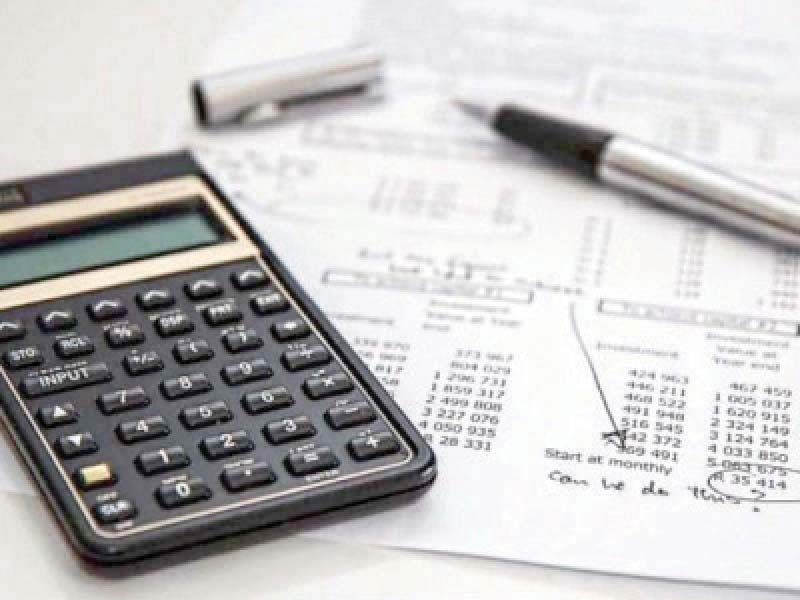

 Technology6 مہینے ago
Technology6 مہینے ago
 Pakistan7 مہینے ago
Pakistan7 مہینے ago
 Sports6 مہینے ago
Sports6 مہینے ago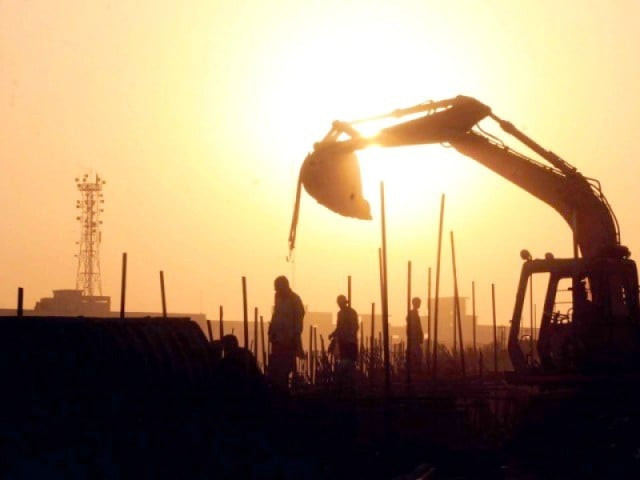
 Pakistan6 مہینے ago
Pakistan6 مہینے ago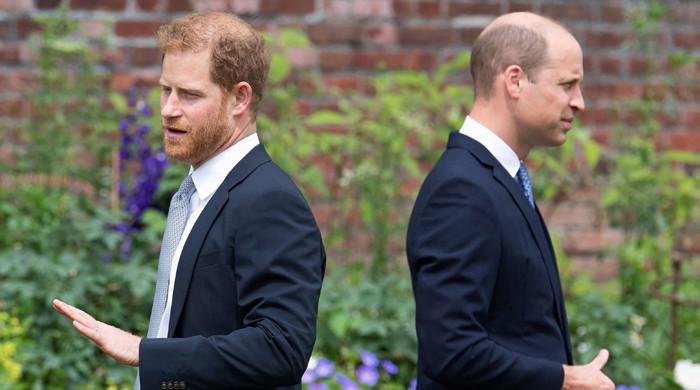
 Entertainment6 مہینے ago
Entertainment6 مہینے ago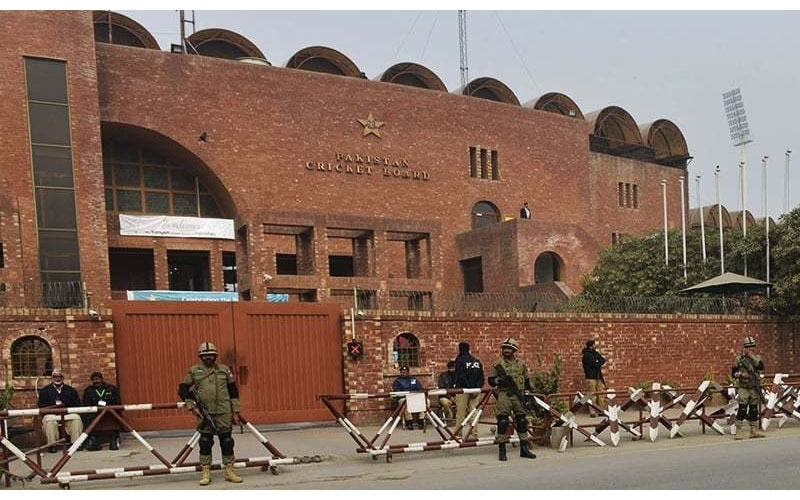
 Sports5 مہینے ago
Sports5 مہینے ago
 Pakistan7 مہینے ago
Pakistan7 مہینے ago
 Entertainment6 مہینے ago
Entertainment6 مہینے ago

